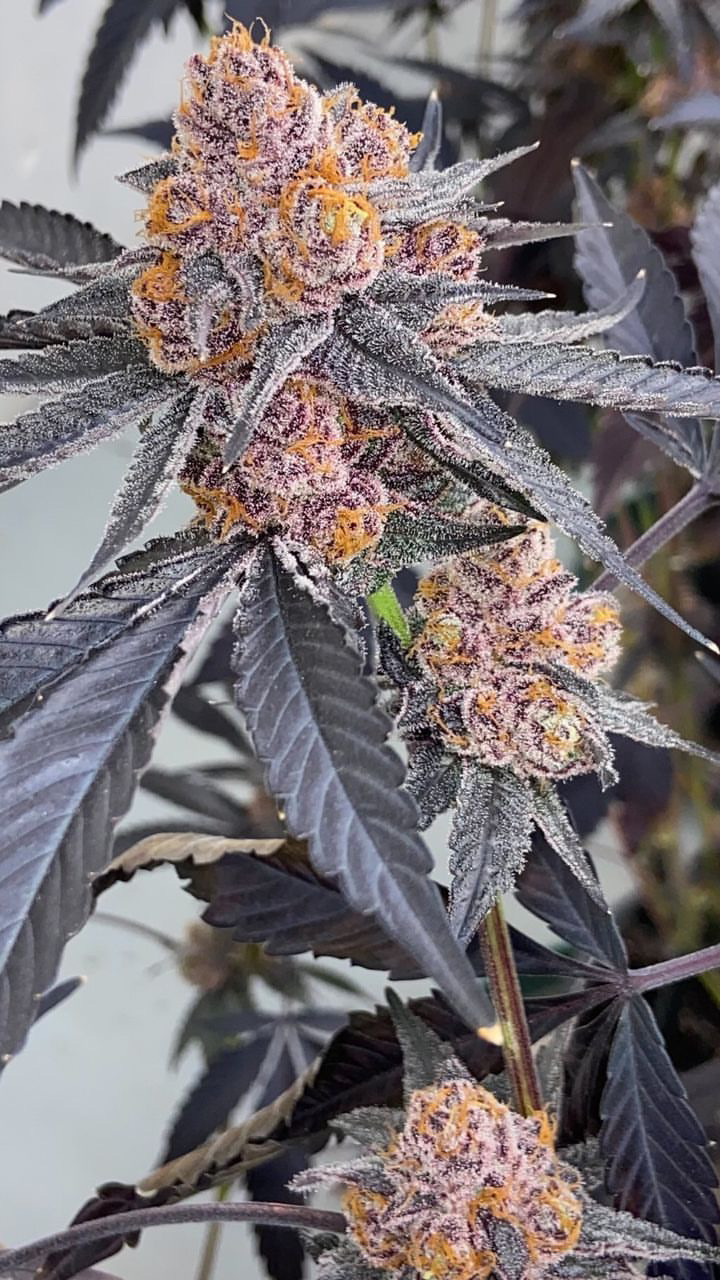The world of cannabis cultivation is ever-evolving, and one of the most intriguing developments in recent years has been the rise of exotic cannabis clones. These unique genetic specimens have taken the cannabis community by storm, offering a plethora of exciting opportunities for growers and consumers alike. In this article, we’ll explore the future of exotic cannabis clones, including emerging trends, innovative breeding techniques, and their potential impact on the industry.
Evolving Genetic Varieties
Cross-Breeding and Hybridization
As cannabis enthusiasts seek novel experiences, breeders are continually experimenting with cross-breeding and hybridization to create exotic strains that push the boundaries of flavor, potency, and aroma. These efforts are expected to yield even more exciting and diverse genetic varieties in the future.
Preservation of Landraces
In parallel, there’s a growing interest in preserving and reviving landrace strains—cannabis varieties that have evolved in specific regions for centuries. These landraces possess unique characteristics that are highly sought after, and efforts are underway to protect and propagate these valuable genetics.
Sustainable Cultivation Practices
Eco-Friendly Cultivation
The future of exotic cannabis clones is also closely tied to sustainable cultivation practices. As environmental awareness grows, cultivators are increasingly adopting eco-friendly methods, such as organic farming, regenerative agriculture, and energy-efficient technologies, to reduce the carbon footprint of cannabis production.
Ethical Sourcing
Ethical sourcing of exotic clones is gaining traction. Consumers are showing interest in knowing the origins of their cannabis products, pushing growers to adopt transparent and responsible sourcing practices. This trend is expected to shape the industry’s future, promoting ethical cultivation and distribution.
Consumer-Centric Innovation
Tailored Experiences
The future of exotic clones will be marked by a focus on tailored experiences. With advanced breeding techniques and precise genetic manipulation, consumers can expect cannabis strains that cater to their specific desires, whether it’s relaxation, focus, or creativity.
Diverse Consumption Formats
The evolution of exotic clones will also extend to diverse consumption formats. As legalization spreads, consumers will have access to an array of products, from traditional flowers and concentrates to edibles and beverages infused with exotic strain profiles.
Conclusion
The future of exotic cannabis clones is undeniably bright. With ongoing genetic innovation, sustainable cultivation practices, and a consumer-centric approach, the cannabis industry is set to continue its rapid evolution. Enthusiasts can look forward to a world where exotic strains offer increasingly diverse and personalized experiences while respecting the environment and ethical considerations. As we move forward, it’s clear that exotic clones will remain a driving force in shaping the cannabis landscape for years to come.







